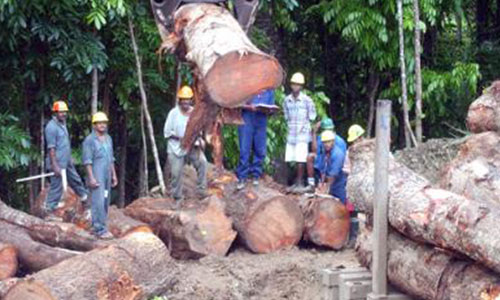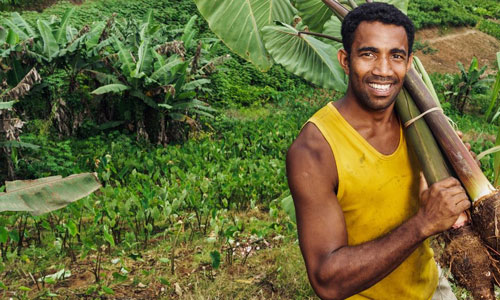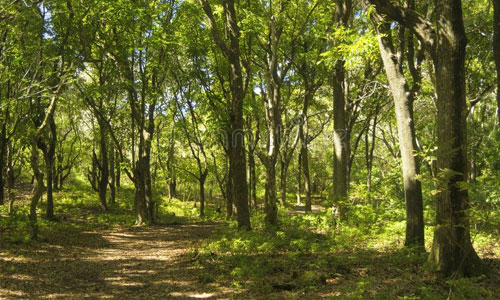The government of Fiji reformed its forestry sector by creating a new state-owned enterprise, Fiji Hardwood Corporation, with proper management and governance structures. It also devolved the forestry planning decisions to the local communities and landowners, who had more stake and voice in the use of their natural resources. The government abolished the national quotas or directives that had been imposed on the forestry sector, and instead adopted sustainable forestry management practices that integrated environmental, social and governance (ESG) principles. These changes improved the accountability and transparency of the forestry operations, and aligned them with the local environmental and economic needs.



